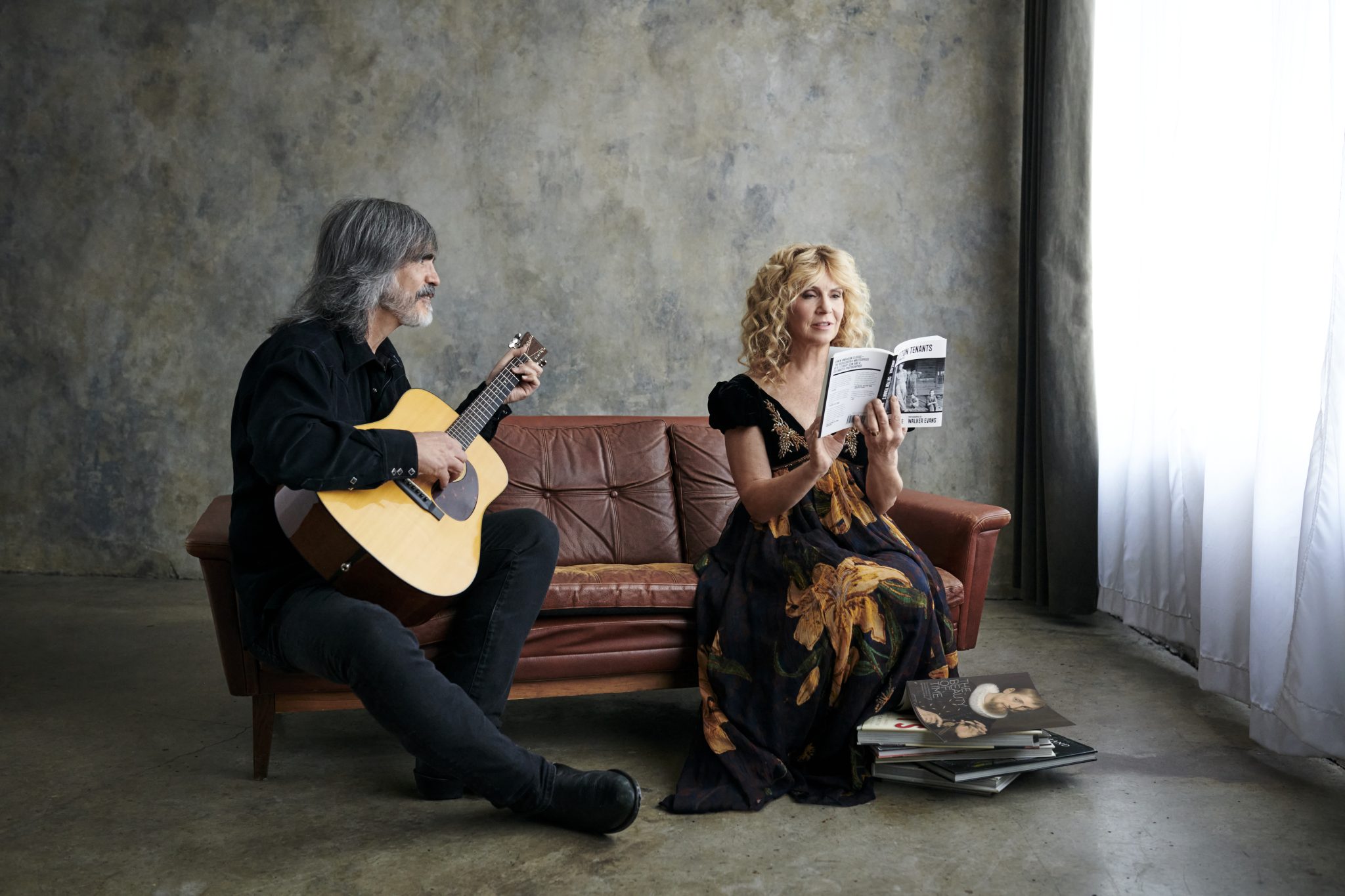Baker Boy’s debut album, Gela, has finally arrived some four years after that stellar break-out ‘Cloud 9’, and like its predecessors, Gela sees the Yolngu rapper, singer, and all-around entertainer delivering classic jams, empowering declarations of identity, and vital socio-political messages.
A professional dancer, Baker Boy- real name Danzal Baker- started MCing in only 2016. He circulated the bilingual ‘Cloud 9’ (featuring the teen prodigy KIAN), rapping in both his Yolngu Matha tongue and English, whilst proclaiming his Blakness. It was a smash – and the beginning of Baker’s ascent as the Fresh New Prince of Arnhem Land. He followed with the again celebratory ‘Marryuna’, accompanied by his cousin Yirrmal (of Yothu Yindi And The Treaty Project), earning a place at #17 in the 2017 Triple J Hottest 100.
Baker discussed plans for an album as early as 2018 when promoting ‘Mr. La Di Da Di – which he co-wrote with Dallas Woods, the Noongar rapper today his key collaborator. However, Baker continued to concentrate on airing singles. In January 2019 he dropped the retro-funk ‘Cool As Hell’, co-penned with Thundamentals and Sydney studio-type Carl Dimataga. It’s now Gela’s lead single (and certified Gold). That time and space has allowed Baker to realise his artistry.
Narrative rather than conceptual, Gela is an album with many layers – its title inspired by Baker’s skin name. Indeed, in the press release, he says, “Gela is who I am and it’s my story.” That story, about his growth, touches on resonant themes of identity, heritage and agency. Above all, Baker believes in staying grounded.
In fact, Baker has long emphasised the cultural over the political. Significantly, Gela‘s opener is ‘Announcing The Journey’, a traditional song of the Galpu people led by Glen Gurruwiwi with yidaki (didgeridoo) and bilma (clapsticks).
Gela trails Baker’s journey from his home in a remote community in North East Arnhem Land to Naarm (Melbourne), with the ensuing experiences of dislocation and adjustment.
However, the 25-year-old also tells a parallel tale of how he transcended even the Australian hip-hop scene to become a superstar, influencer, and leader. Importantly, Baker contemplates the dilemmas, and struggles, of his fame, initially referenced in 2020’s ‘Better Days’. Indeed, this theme is also referenced in the cover art for Gela, with the piece produced by street artist Matt Adnate, showing Baker’s inner-dichotomy as Yolngu youth and celebrity.
Musically, Baker reveals his full stylistic range on Gela – stretching the funky grooves with traditional Yolngu elements into areas of pop, R&B, disco, house, and reggae.
Gela is also both communal and intergenerational. The LP’s primary producer is Pip Norman, who came up in the 2000s as a member of the NERD-like hip-hop group TZU and has since recorded with Troye Sivan and, latterly, Odette. There’s then more blockbuster Antipodean input from the aforementioned Dimataga and Willie Tafa – credited on albums by Khalid and Ariana Grande, respectively. Among Gela’s blithest songs is ‘Funk Wit Us’, which, guided by ‘Marryuna’ hitmaker Jerome Farah, straddles Parliament-Funkadelic, Coolio and Daft Punk – complete with talk box effects.
Gela abounds in buzz guest vocalists, too. G Flip elevates ‘My Mind’, an old-school party song with a pop sheen. Baker unites with rising Sydney R&B star Lara Andallo on ‘Headphones’. The neo-soul Thando, once a contestant on The Voice Australia, graces Gela’s electro-funk boogie encore ‘MYWD’ (Make You Wanna Dance) and contributes backing vocals throughout. Notably, Jerome Farah, who launched himself as an artist with last year’s megahit ‘I Can’t Breathe’, adds a haunting R&B hook to ‘Ain’t Nobody Like You’.
Baker is cognisant how negative media narratives, and mainstream reproduction of trauma, discourage Indigenous youth from particularly remote communities. As such, he accentuates self-knowledge and pride. But, increasingly conscious of his reach, Baker ensures that Gela challenges non-Indigenous Australian listeners, galvanising them to be accountable for the legacy of colonialism. For him, the ‘personal’ and ‘political’ dualism ultimately necessitates protest.
On ‘Survive’, Baker calls for the ongoing dispossession and exploitation of First Nations Australians to be redressed, while acknowledging their resilience. A husky Uncle Jack Charles – the iconic actor known for his roles in Fred Schepisi’s 1978 The Chant Of Jimmie Blacksmith and the acclaimed TV show Cleverman – ruminates on cyclic oppression, including incarceration.
In turn, Baker spits his hardest bars, demonstrating legit prowess as an MC. It’s an anthem of resistance, Baker chanting over stomping beats, “We just survive/We just survive/I don’t know how we continue to thrive/We keep on going like we cannot die/We keep on going, we living our life.”
The versatile Yirrmal sings soulfully on two contrasting Gela songs: the older single ‘Ride’ and ‘Somewhere Deep’. Lyrically, ‘Somewhere Deep’ is the overtly political statement – even though, helmed by Norman, it’s a brisk reggae number that dips into dancehall and Afrobeats. Baker laments hyper-capitalism, climate change, and mining, specifically controversial fracking operations in the Northern Territory. ‘Somewhere Deep’ is crucial as, despite considerable discourse about environmental racism, Western ecological canvassing still centers on white middle-class voices.
On Gela, Baker manifests defiant joy, recognising the inherent power in reclamation and possibility for First Nations peoples through language, dance, and music. He knows all too well that change is a process. But, fundamentally, Baker has developed his own principles of collective action and transformation. Gela may yet ignite a movement.
–
Gela’ is out now
The post Baker Boy – ‘Gela’ appeared first on Music Feeds.








